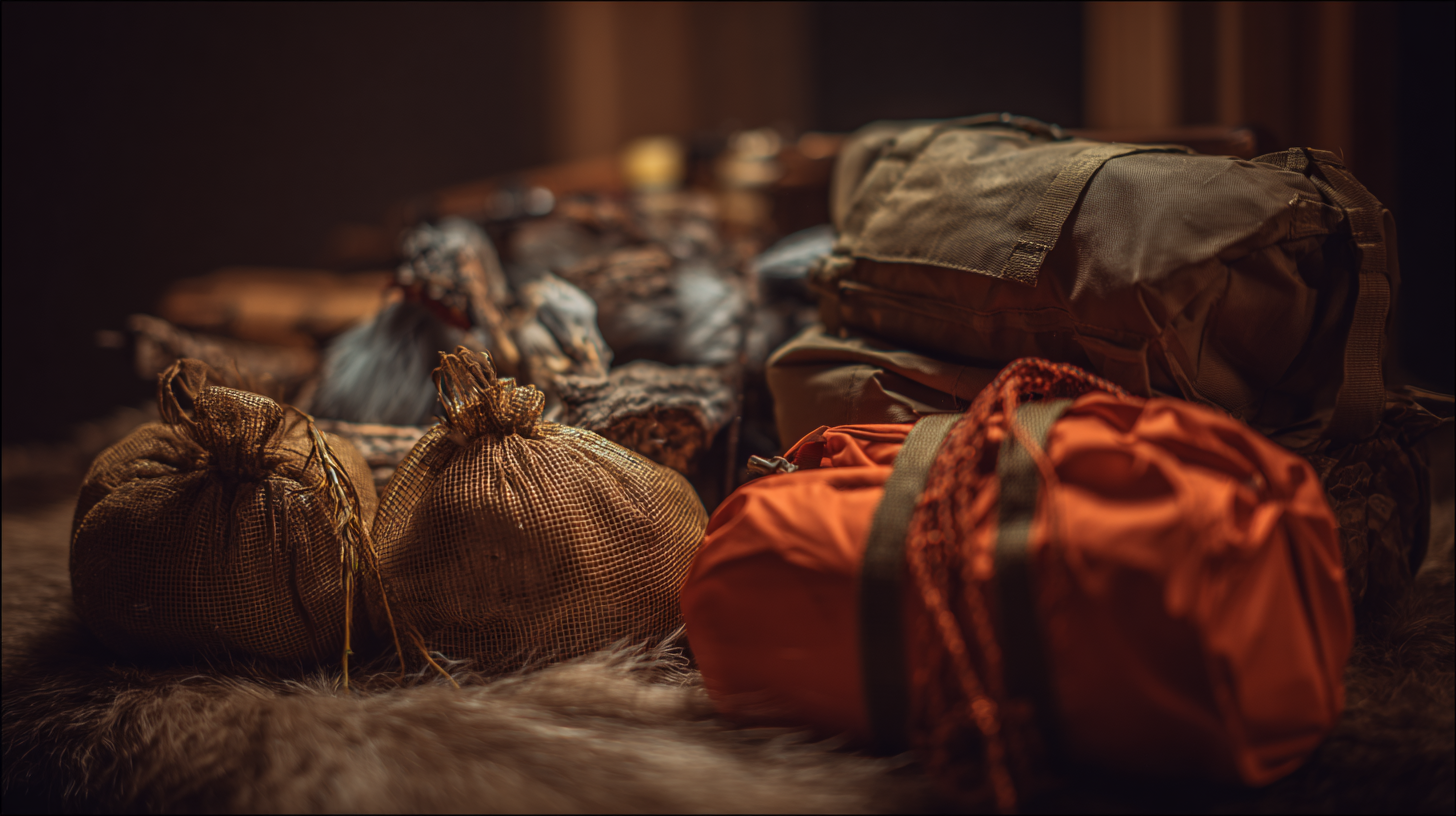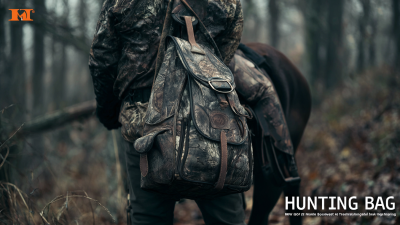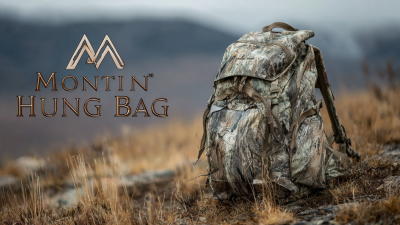Maximize Your Hunt: The Science Behind Using Hunting Scent Bags for Enhanced Game Attraction
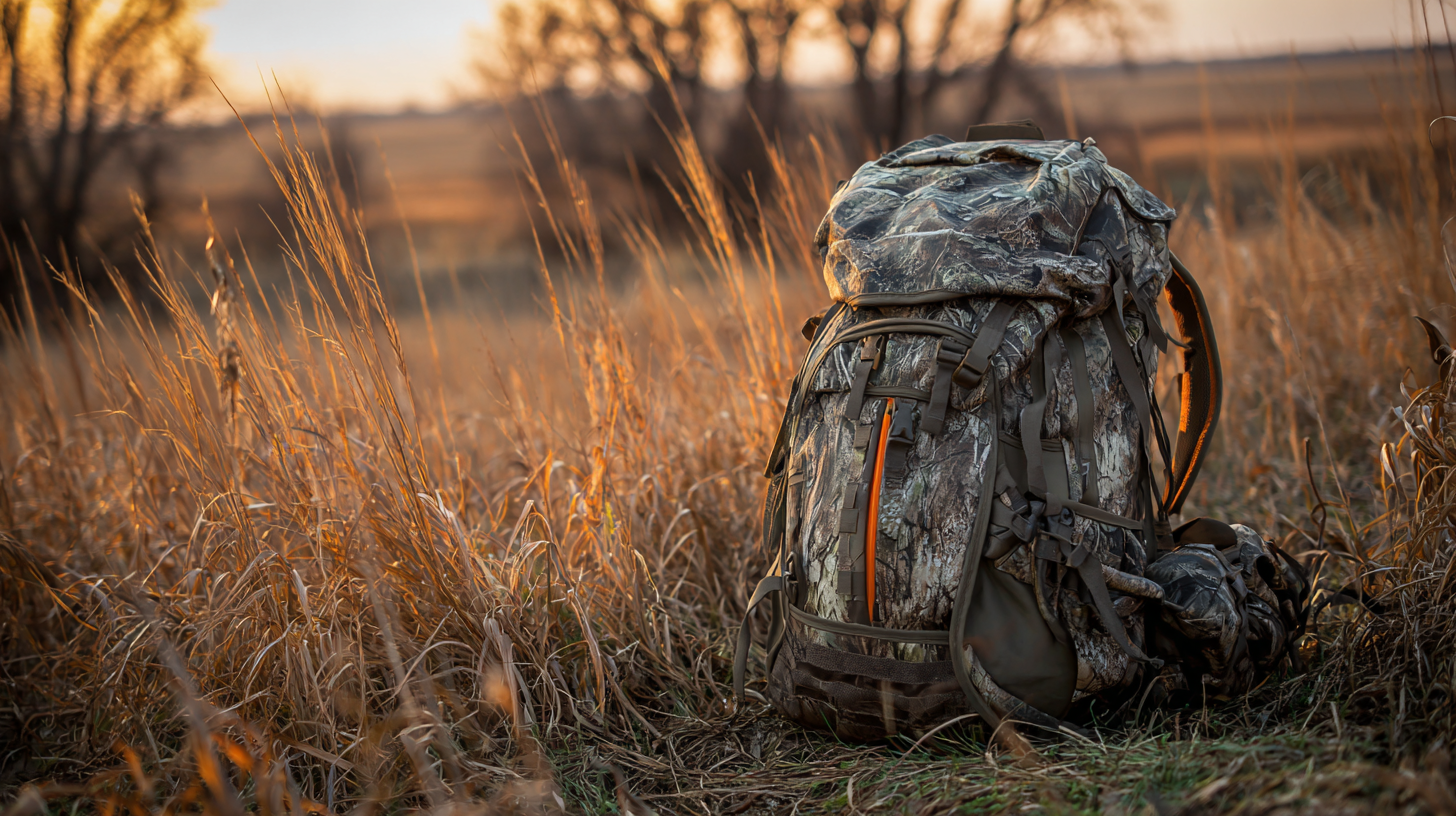 Hunting has long been a revered tradition, deeply rooted in the pursuit of both sport and sustenance. Among the many tools hunters utilize to enhance their effectiveness, the Hunting Scent Bag stands out as a powerful aid in game attraction. According to the National Shooting Sports Foundation, approximately 66% of successful hunters attribute their success to scent management techniques, underscoring the effectiveness of strategies such as utilizing specialized scent products.
Hunting has long been a revered tradition, deeply rooted in the pursuit of both sport and sustenance. Among the many tools hunters utilize to enhance their effectiveness, the Hunting Scent Bag stands out as a powerful aid in game attraction. According to the National Shooting Sports Foundation, approximately 66% of successful hunters attribute their success to scent management techniques, underscoring the effectiveness of strategies such as utilizing specialized scent products.
Research indicates that animals possess an extraordinary sense of smell, with deer, for instance, having up to 300 million olfactory receptors, compared to just 5 million in humans. This formidable olfactory capability allows them to detect scents from long distances, making the proper use of Hunting Scent Bags crucial for a successful outing. By leveraging these scientifically designed tools, hunters can significantly increase their chances of attracting and harvesting game, ultimately maximizing the effectiveness of their hunting efforts.
Understanding the Role of Scent in Game Behavior and Attraction
The role of scent in game behavior and attraction is a crucial aspect of successful hunting strategies. Studies show that wild animals, particularly deer, possess an extraordinary sense of smell, with the ability to detect scents up to 1.5 miles away under favorable conditions. According to a 2021 report by the Wildlife Society, the olfactory receptors of a white-tailed deer can surpass 300 million, far greater than the approximately 6 million found in humans. This exceptional capability allows them to sense danger and locate food sources, which is why utilizing hunting scent bags can significantly improve your chances of a successful hunt.
Hunting scent bags work by releasing various attractants that mimic the natural scents of the animals being targeted. Research indicates that using scents, such as
estrous urine of female deer or food-based attractants, can increase your chances of attracting game by up to
40%. A
2020 survey published in the Journal of Wildlife Management found that hunters who employed scent strategies reported higher encounter rates with game, highlighting the efficacy of these tools. Understanding animal behavior in relation to scent can empower hunters to implement more effective methods, ultimately leading to a more rewarding experience in the field.
Types of Hunting Scent Bags: Natural vs. Synthetic Options
When it comes to game attraction, the type of hunting scent bag you choose can significantly impact your success. Hunters typically have two primary options:
natural scent bags and synthetic scent bags. According to a 2021 study published in the
"Journal of Wildlife Management," natural scent bags, which often use organic materials like deer urine or natural herbs, can be more effective for attracting certain game species due to their authentic aroma.
These scents are known to trigger natural animal behaviors, as wildlife has evolved to respond to these genuine signals in their environment.
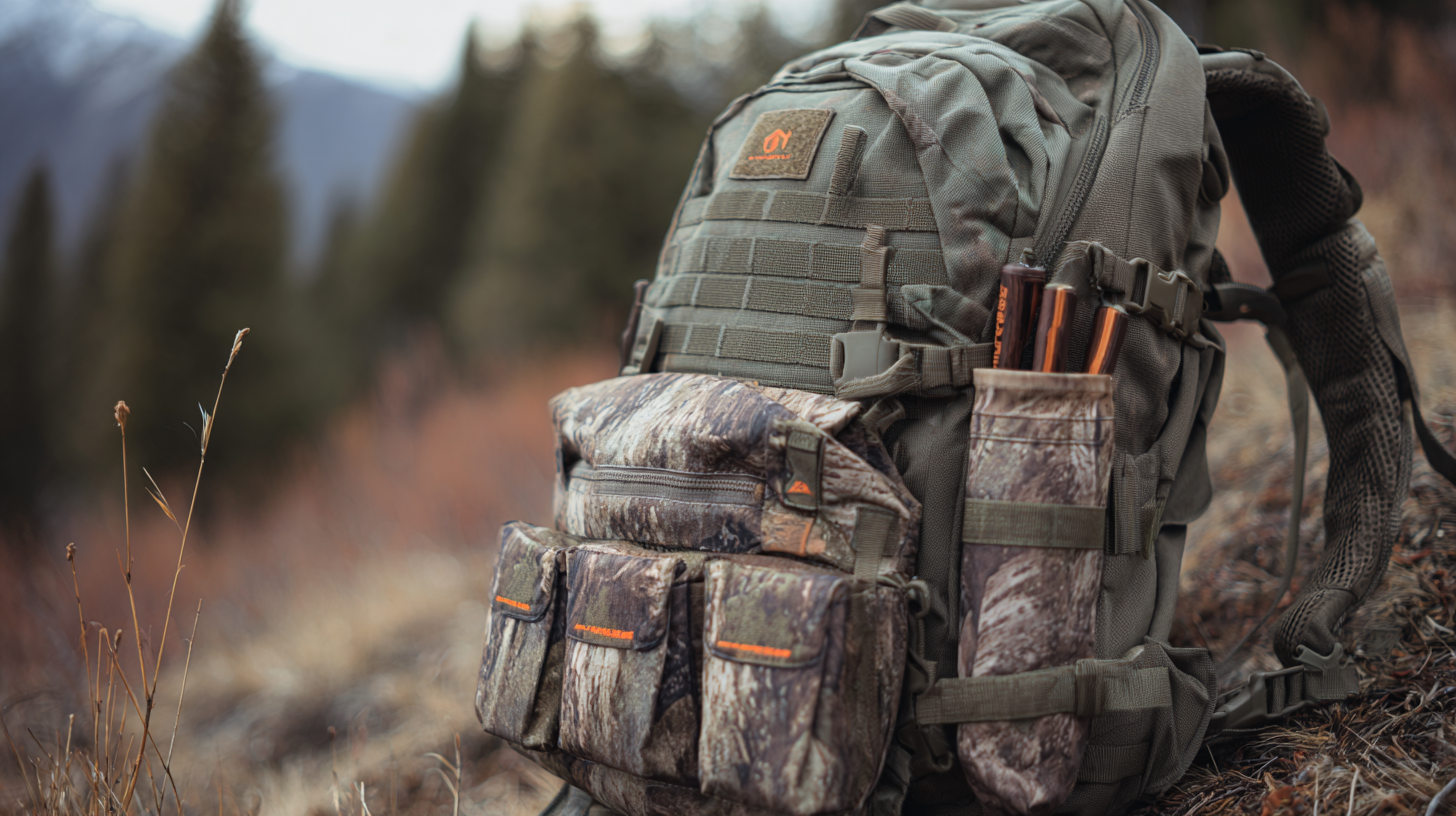
On the other hand, synthetic scent bags, which utilize chemically engineered scents, offer their own set of advantages. Industry reports show that these scents can be consistently produced, ensuring that hunters can rely on them regardless of seasonal changes or availability of natural products. A survey conducted by the American Hunter Association found that nearly 65% of respondents experienced equal or improved results when using synthetic scents compared to natural options. While both types present unique benefits, understanding the specific hunting conditions and the species you're targeting can guide you in selecting the most effective scent bag for your needs.
How to Effectively Use Scent Bags in Different Hunting Environments
Using scent bags can significantly enhance your hunting success across various environments. In dense forests, where deer or other game can be cautious, employing a scent bag filled with natural attractants can stimulate curiosity and encourage them to investigate. Hang these bags in strategic locations, such as near trails or feeding areas, to create a scent trail. The aroma not only lures animals but also masks human scents, making you less detectable.
In open fields or wetlands, the dynamics change. Here, wind direction plays a crucial role in scent dispersion. Position your scent bags downwind of your hunting spot, allowing the scent to flow toward potential attractions. Waterfowl, for instance, can be drawn in from afar if the scent is carried effectively by the breeze. Always ensure that the scent you use is appropriate for the specific game you are targeting, as this will increase attraction and lead to more fruitful hunting trips. Adjusting your scent strategy based on the terrain and game behavior is essential for maximizing your effectiveness in the field.
Maximize Your Hunt: The Use of Scent Bags for Enhanced Game Attraction
This chart illustrates the attraction levels of various game types when using hunting scent bags. The levels are rated from 1 to 10, indicating how effective scent bags can be in attracting different animals during hunting.
Best Practices for Storing and Maintaining Scent Bags for Longevity
When it comes to hunting, the effectiveness of scent bags is closely tied to how well they are stored and maintained. To ensure longevity and optimal performance, it's crucial to keep the scent bags sealed in airtight containers when not in use. This prevents any contamination from outside odors and preserves the original scent potency. Additionally, storing them in a cool, dark place helps to protect the scents from degrading due to heat and light exposure.
Regular cleaning is also a best practice that cannot be overlooked. After each use, a thorough rinse with cold water can remove residual scents that might interfere with future hunts. Avoid using soaps or detergents, as these can leave unwanted scents on the bags. Once clean, allowing them to dry completely before sealing them away is essential, as moisture can lead to mold growth and diminish the effectiveness of the scents. By following these practices, hunters can maximize the lifespan of their scent bags and enhance their game attraction efforts.
Maximize Your Hunt: The Science Behind Using Hunting Scent Bags for Enhanced Game Attraction
| Scent Type |
Effective Range (yards) |
Best Time to Use |
Storage Method |
Longevity (months) |
| Doe Estrous |
20-30 |
Fall Rut |
Cool, dark place |
6-12 |
| Buck Estrous |
30-50 |
Pre-Rut |
Sealed container |
12-18 |
| Fish Oil |
10-20 |
Summer |
Refrigerated |
3-6 |
| Acorn |
15-25 |
Fall |
Airtight bag |
6-12 |
| Vanilla |
10-20 |
Year-round |
Cool, dark place |
12-24 |
Scientific Research Supporting the Use of Hunting Scents for Increased Success
The effectiveness of hunting scents has been a subject of scientific inquiry, revealing how these products can significantly enhance game attraction. Research indicates that the olfactory system of animals plays a crucial role in their behavior and decision-making. Scents mimic natural pheromones, allowing hunters to leverage this innate animal response. By introducing these artificial scents into the environment, it manipulates the animal's territorial instincts or mating behaviors, making it more likely for game to approach.
Various studies have explored specific scents, such as estrus gland secretions from females or food-related aromas that trigger feeding responses. These natural compounds, when used in hunting scent bags, create a psychological lure that can attract animals from a distance. The right blend of scents can elicit curiosity or arousal in the target species, leading to increased success rates during hunts. By understanding the science behind these scents, hunters can optimize their strategies rightfully, turning a simple hunting trip into a more fruitful experience.

Home
About Us
Products
FAQ
News
Contact Us






 Hunting And Shooting Bag LSH
Hunting And Shooting Bag LSH Tactical Military Bag & Vest LST
Tactical Military Bag & Vest LST Archery Bag LSC
Archery Bag LSC Fishing Bag LSF
Fishing Bag LSF Others LSB
Others LSB Hunting has long been a revered tradition, deeply rooted in the pursuit of both sport and sustenance. Among the many tools hunters utilize to enhance their effectiveness, the
Hunting has long been a revered tradition, deeply rooted in the pursuit of both sport and sustenance. Among the many tools hunters utilize to enhance their effectiveness, the 